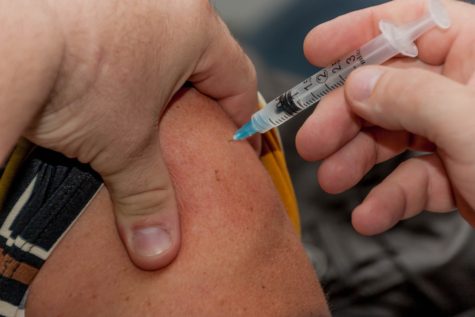QUEENSLAND, Australia — A team of Australian scientists believe they have found a way to “turn off” the body’s immune response that causes allergic reactions.
According to the research, conducted at the University of Queensland, gene therapy treatment could give animals life-long protection from severe allergic reactions, such as asthma, bug bites and food sensitivity.

“When someone has an allergy or asthma flare-up, the symptoms they experience results from the immune cells reacting to protein in the allergen,” says professor Ray Steptoe, leader of the research team, in a university press release. “We now have been able to ‘wipe’ the memory of these T-cells in animals with gene therapy.”
Steptoe and his team found a way to insert engineered regulating genes into the blood stem cells of hosts, which inhibits their allergic reactions. He explains that T-cells formed when allergies develop create a sort of immune “memory” that fends off treatments.
“We have now been able ‘wipe’ the memory of these T-cells in animals with gene therapy, de-sensitizing the immune system so that it tolerates the protein,” he says. “Our work used an experimental asthma allergen, but this research could be applied to treat those who have severe allergies to peanuts, bee venom, shell fish and other substances.”
They are still working on a single-use solution that would eliminate more common treatments that only last a for a limited period of time and not always with complete effectiveness.
“We haven’t quite got it to the point where it’s as simple as getting a flu jab, so we are working on making it simpler and safer so it could be used across a wide cross-section of affected individuals,” he says.
Steptoe’s findings are still subject to further clinical investigation, the next step being replicating the experiments in a laboratory setting using human cells. He expects the first human trials will be used on people with asthma and severe food allergies.
The study’s findings were published last week in the journal JCI Insight.
